Reflecting on the Nerd Culture Ministry Summit
Building Kingdoms in the Digital Age
Last week, I had the privilege of attending the Nerd Culture Ministry Summit with seven members of Checkpoint Church.
Hosted in the breathtaking Glen Eyrie Castle (yeah, a castle) in Colorado Springs, Colorado, this three-day event was a treasure trove of inspiration, collaboration, and reflection. From November 12th to the 14th, we dived headfirst into conversations about nerd culture, digital ministry, and the future of the church.
It was a lot—and I mean a lot—to take in, but here’s a glimpse of what stood out.
Day 1: Rolling Initiative on Fellowship
The summit officially began on the 12th, but in true nerd fashion, we arrived early to enjoy a "session zero" on the 11th. Sharing a meal, laughing over games, and just being present with one another set the stage for the days ahead.
As it turns out, sometimes the most sacred moments aren’t scheduled—they’re the ones where you just get to be with your people.
The summit opened with Bubba Stallcup, who painted a vivid picture of where nerd culture ministry stands today and how we got here. This was akin to the nerd-infused pages of Ready Player One, with Bubba not missing a beat, even if there was a debate on the pronunciation of Ghibli (as in the studio) and Luce (as in the recently named anime mascot).
But it was Rev. Dr. Lamar “The Autism Pastor” Hardwick’s keynote that struck a deeper chord. He shared insights on creating spaces of belonging for people with disabilities, a topic as convicting as it was enlightening. Utilizing the story of Jesus and the seat of honor from Luke 14, he shared his vision of a church table with all minds and bodies.
“The banquet is more beautiful when different minds and bodies are included.”
- Dr. Hardwick, NCMS ‘24
I’ve already added his latest book (How Ableism Fuels Racism) to my reading list, and I hope to bring these conversations into Checkpoint Church soon.
After lunch, I attended a couple of insightful breakout sessions. The first, "The Quest for Sustainability" with Jon Crawford, focused on funding strategies for ministries, geared toward missionary work. I left wishing for a part two—or a course designed specifically for digital pastors around social enterprise and entrepreneurial approaches that could complement traditional funding streams.
Next, I joined Lorumerth’s session on digital identity and branding. It was like peering into a mirror, as much of his advice aligned with the strategies we’ve honed at Checkpoint Church and on Pixel & Pulpit. Even so, his perspective offered some fresh ideas, especially as we continue shaping Checkpoint’s identity.
Day 2: Leveling Up Innovation and AI
Day two began with Substack peer John Wiest, who challenged us to embrace innovation as essential to ministry. Then came a keynote by R. York Moore, diving into the implications of artificial intelligence for the church.
Having explored AI’s role in digital ministry myself, I was encouraged by his assertion that creativity is a direct reflection of the Imago Dei, a stance I’ve argued for years now.
Later, I sat on a panel about digital church planting hosted by Rowland Smith. Joined by Mark Lutz of Lux Digital Church and the team from NERCH in Germany, we explored what it means to launch and sustain ministry in virtual and hybrid spaces. The conversation ranged from funding models to engaging first-time digital visitors. Think of it as a brainstorming session for your next epic campaign—but for the church.
Day 3: The Joy of Play and Hybrid Communion
The final day began with Jaclyn S. Parrish, who brought down the house with her session on the theology of fun. Yes, fun—an often underrated but profoundly biblical concept. Her forthcoming book promises to be a game-changer, and I’m eager to dive in.
Following that, Jamie Harris offered some practical tools for storytelling, including a simple Google Form idea to capture testimonies in real-time. It’s a system I’ll be testing out soon.
The summit ended with what I can only describe as a hybrid communion experience like no other. With some of our team gathered on-site and others participating via Discord, we celebrated the sacrament in physical and digital spaces. This wasn’t just a logistical win—it was a theological statement about the inclusivity of Christ’s table.
Top Takeaways for Nerd Ministers
Digital Relationships Are Real Relationships: Meeting people in person for the first time, yet feeling like lifelong friends, reaffirmed something I’ve long believed—digital connections are as genuine as physical ones.
Embrace the Weird: Whether it’s playing Magic: The Gathering or running LAN parties, nerd culture ministry thrives on leaning into what makes us unique.
Innovation Isn’t Optional: From AI to hybrid worship, staying ahead of the curve isn’t just practical—it’s missional.
World 2-10 Complete
Attending the Nerd Culture Ministry Summit wasn’t just about learning new strategies; it was about seeing the kingdom of God reflected in unexpected places. As I write this, I’m already brainstorming how to implement what I’ve learned—from storytelling tools to hybrid communion. But most importantly, I’m reminded that ministry, much like gaming, is best done together.
What stood out to you? Were you at the summit, or is there an insight here that sparked something new for you? Let’s keep this conversation going—drop a comment below or connect on Substack.
You can always watch the Summit Keynotes or Breakouts on their website.
For more content and community like this, subscribe to Pixel & Pulpit.
Q: Who let the nerds out?
A: Whoever it was, it didn’t take… they’re back inside.



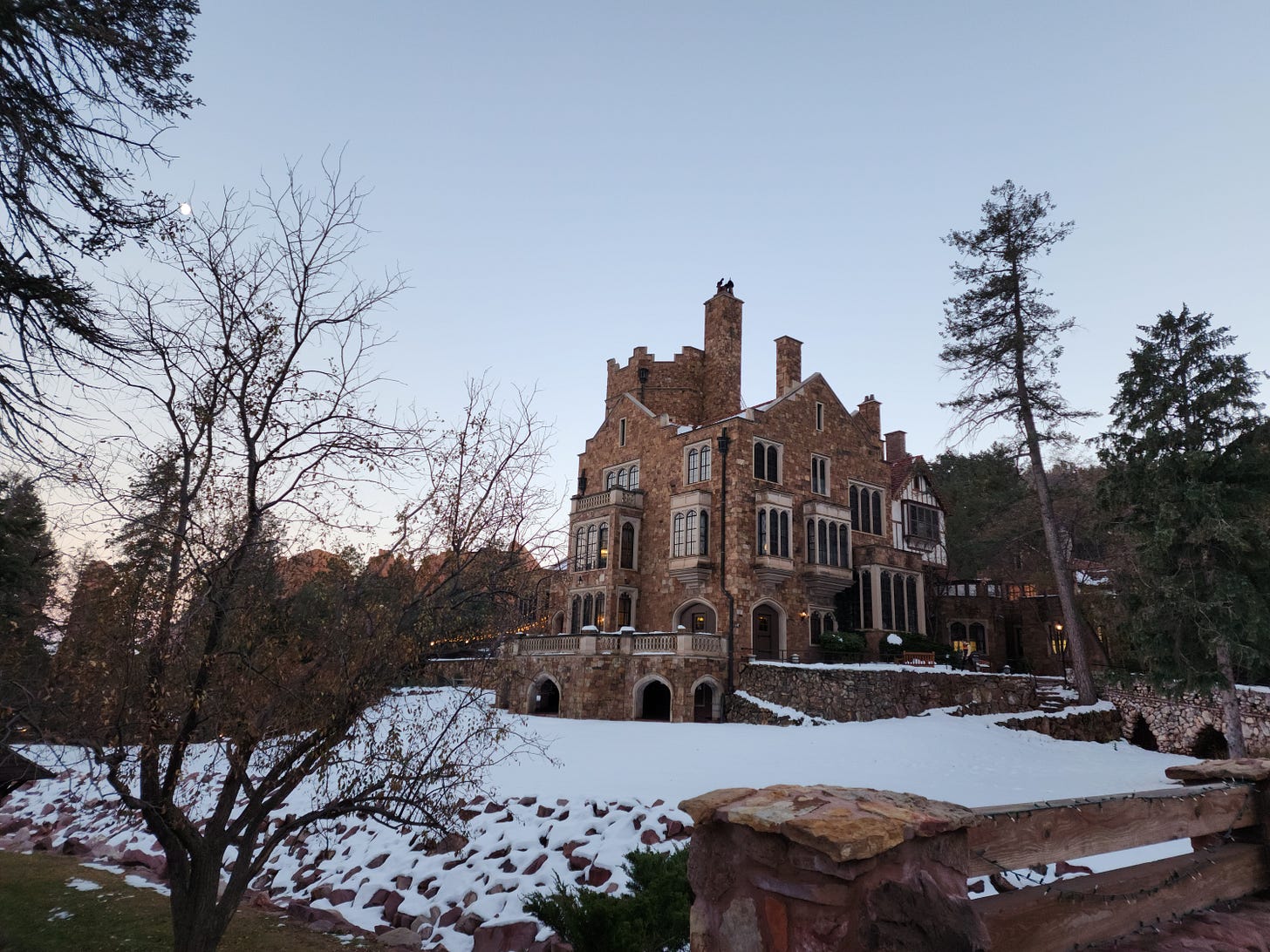
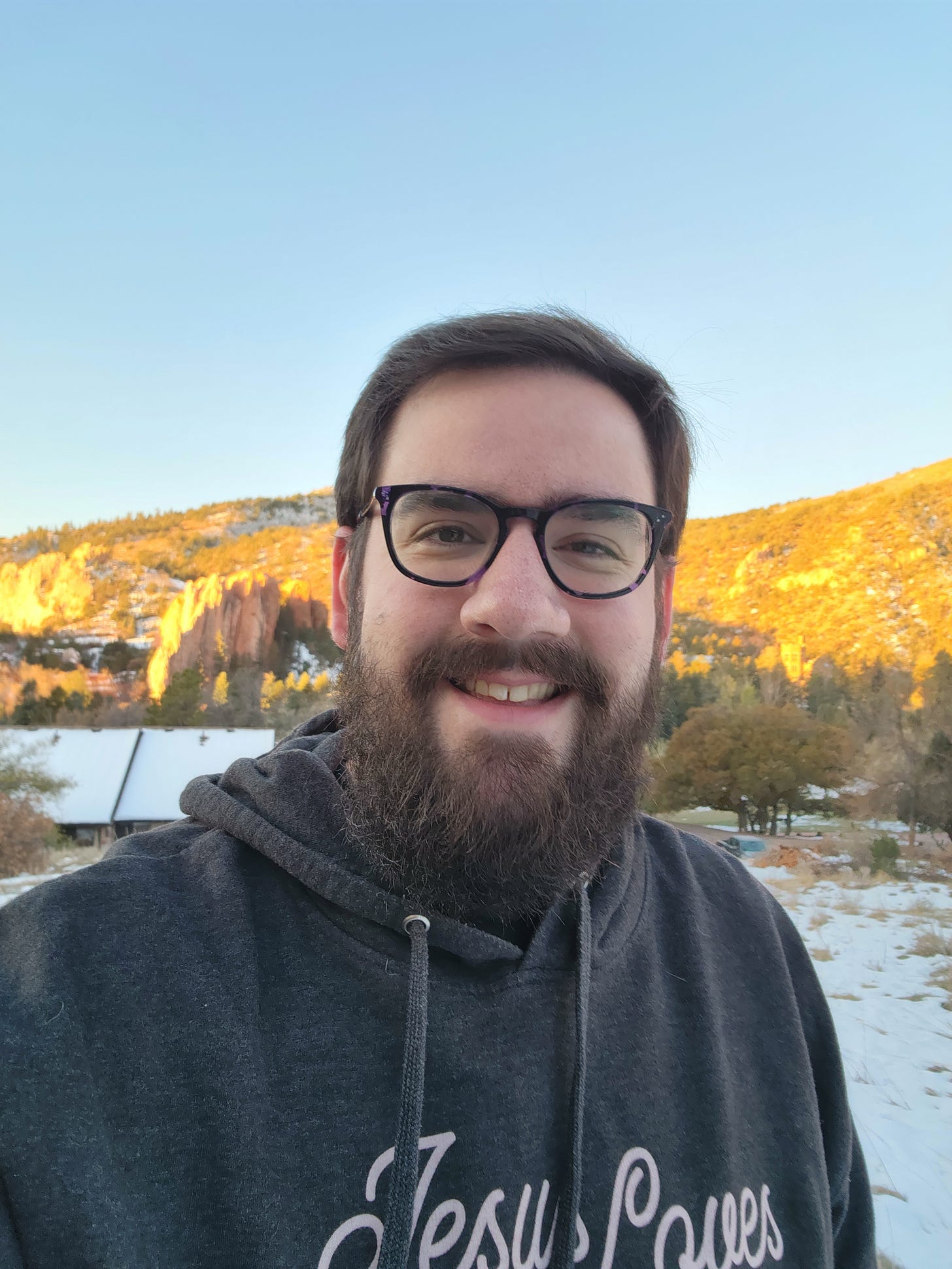
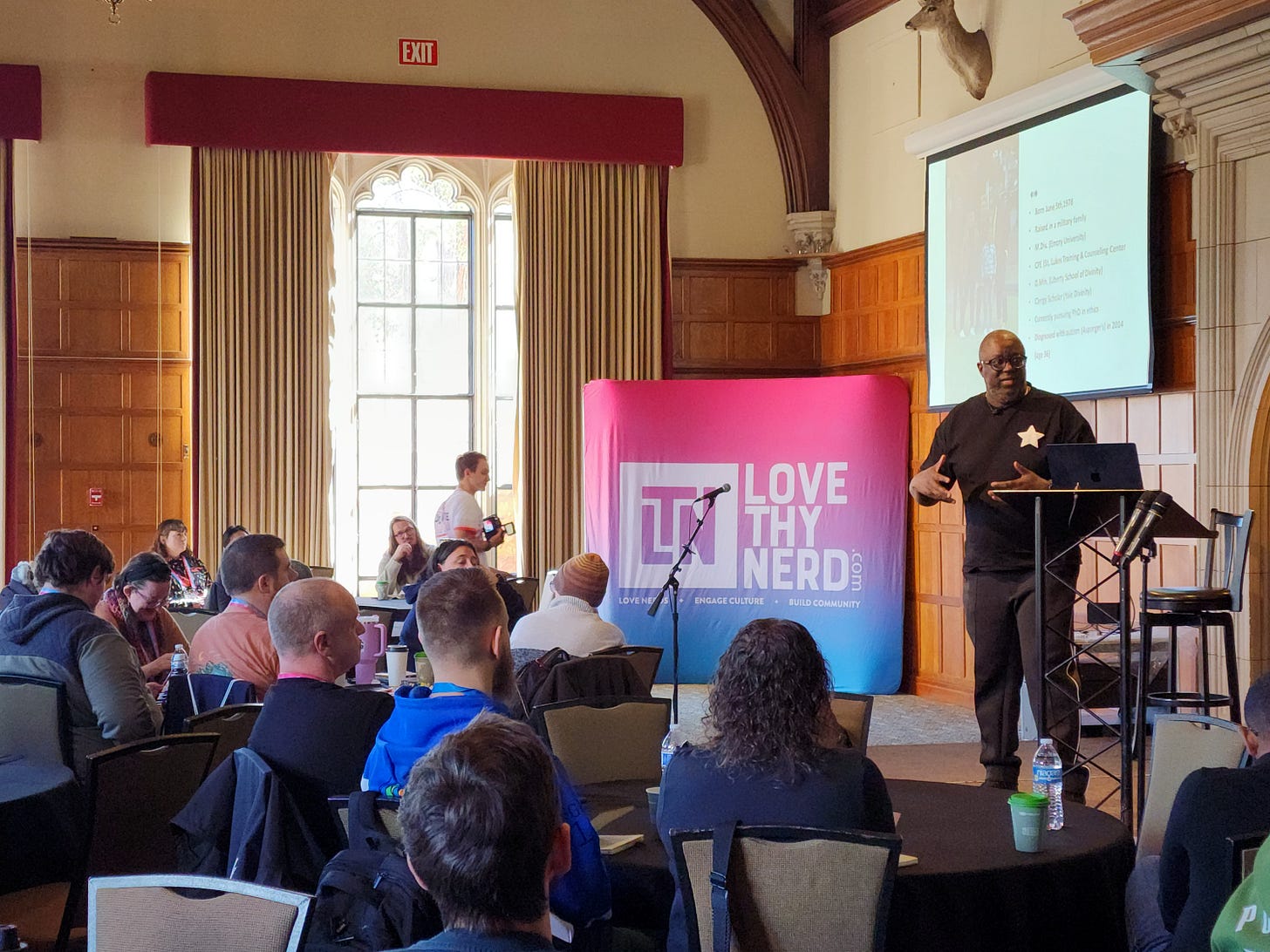
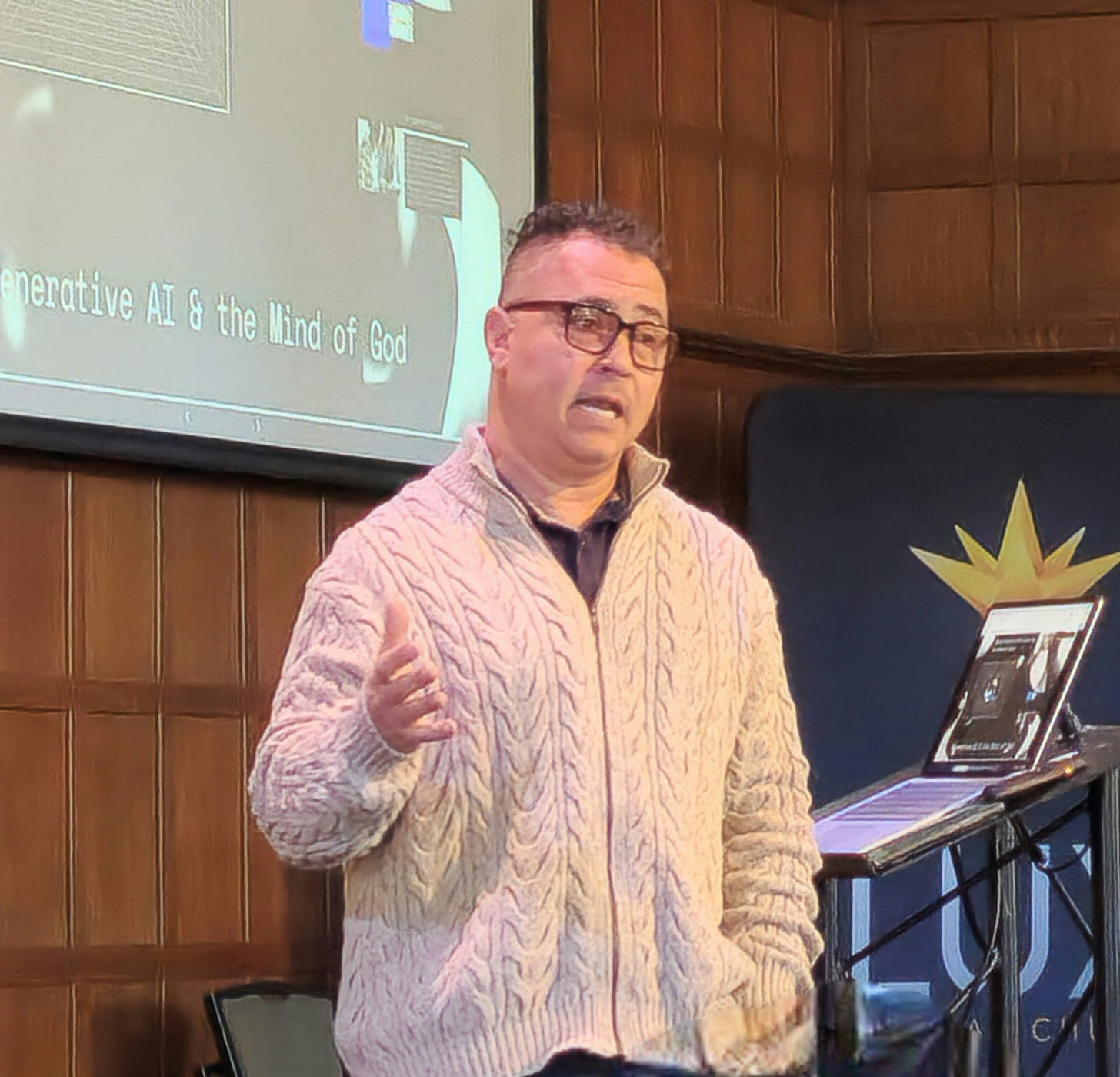
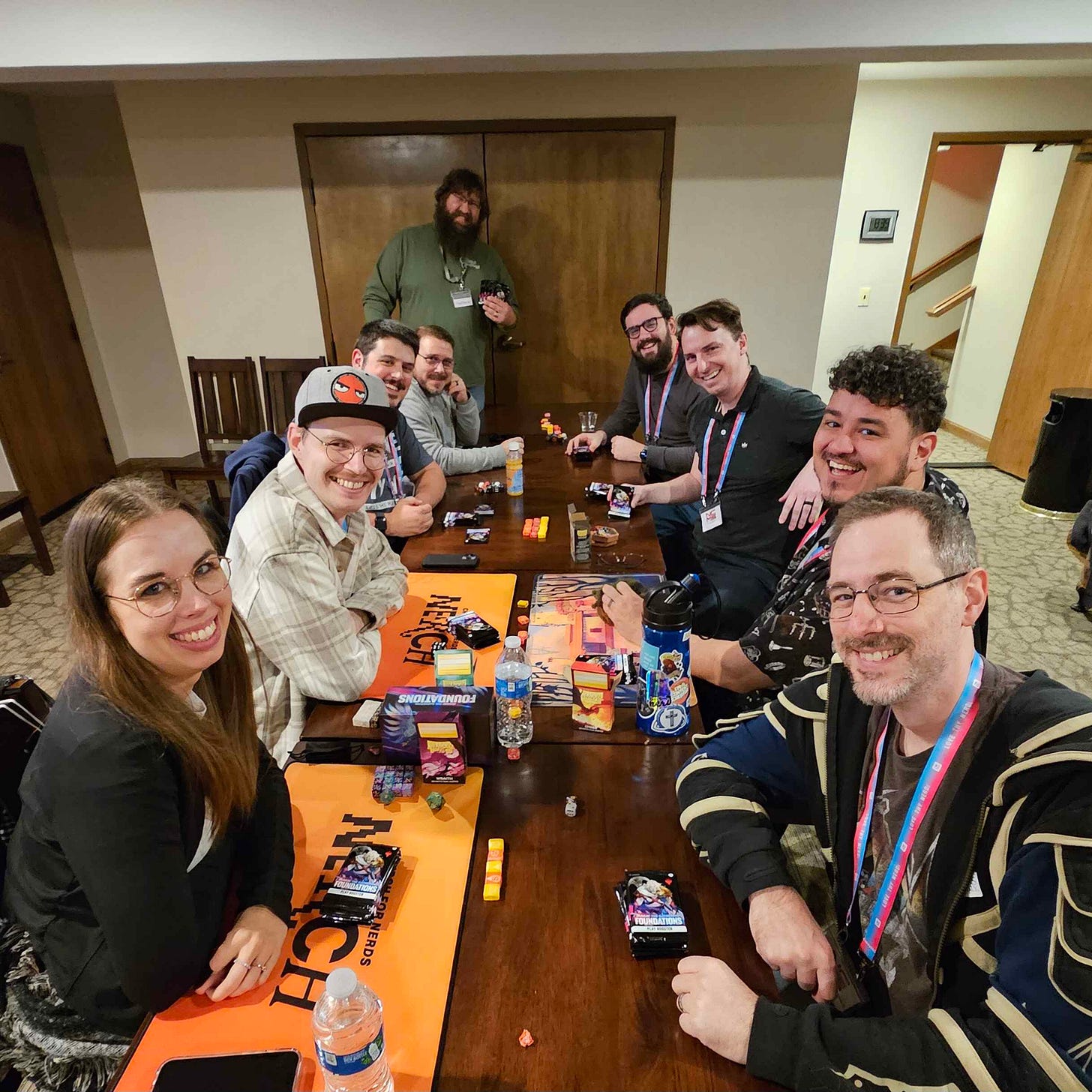

Sounds amazing!